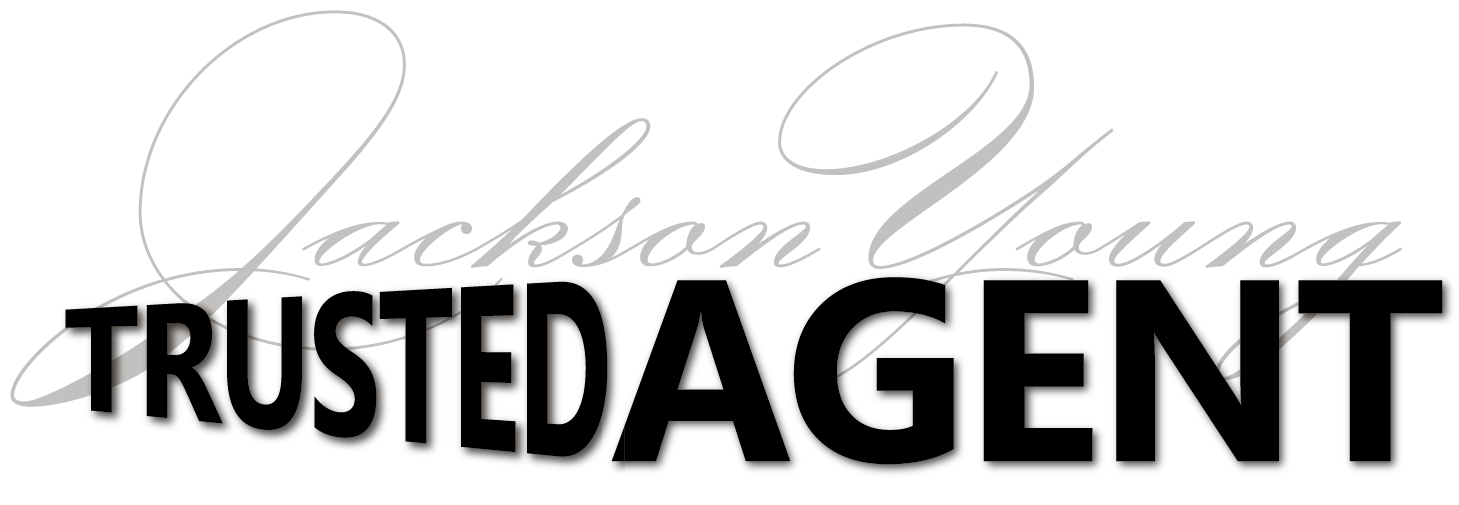Buying and Selling a Home in Vancouver at the Same Time

1. Reality
Most of us dream of improving our lifestyle and moving to larger home in Vancouver. The problem is that there’s sometimes a discrepancy between our hearts and our bank accounts. You drive by a Vancouver home that you fall in love with only to find that it’s already sold or that it’s more than what you are willing to pay. Most homeowners in Vancouver get caught in this hit or miss strategy of house hunting when there’s a much easier way of going about the process. For example, find out if your Vancouver real estate agent offers a Vancouver Buyer Profile System or “Vancouver House Hunting Service,” which removes the guesswork and helps put you in the Vancouver home of your dreams. This type of program will cross match your criteria with ALL available Vancouver homes on the market and supply you with printed information on an on-going basis. A program like this helps Vancouver homeowners understand options and locate the Vancouver home of their dreams.
2. Improvements
If you want to get the best price for the Vancouver home you’re selling there will certainly be things you can do to enhance it in a prospective buyer’s eyes. These improvements don’t necessarily have to be expensive. But even if you do have to make minor investments, it will often come back to you in the price you are able to get when you sell. It’s very important that these improvements be made before you put your Vancouver home on the real estate market. If cash is tight, look into a temporary equity loan that you can promptly cover on closing.
3. Buy first or sell first?
Buying and selling a Vancouver home at the same time is a mistake – you should plan to sell before you buy and contract to keep the keys as long as possible to increase your buying timeline. This way you will not find yourself at a disadvantage at the negotiating table, nor feel pressured to accept an offer that is below-market value because you have to meet a purchase deadline. If you’ve already sold your home in Vancouver, you can buy your next one with no strings attached. If you do get a tempting offer on your Vancouver home for sale but haven’t made significant headway on finding your next home, consider a contingency clause in the sale contract providing a reasonable time to find a home to buy and the option to extend the timeline if necessary.
If the market is slow and you find your Vancouver home is not selling as quickly as you anticipated, another option could be renting your home in Vancouver and putting it up on the market later – particularly if you are selling a smaller, starter home. You’ll have to investigate the tax rules if you choose this latter option. Better still, find a way to eliminate this situation altogether by getting your Vancouver real estate agent to guarantee the sale of your present home (see point number 5 below).
4. Mortgage pre-approval
Pre-approval is a very simple process that many Vancouver homeowners fail to take advantage of. While it doesn’t cost or obligate you to anything, pre-approval gives you significant advantage when you put an offer on the home you want to purchase because you know exactly how much house you want to purchase because you know exactly how much house you can afford, and you already have the green light from your lending institution. With a pre-approved mortgage, your offer will be viewed far more favorably by a seller – sometimes even if it’s a little lower than another offer that’s contingent on financing. Don’t fail to take this important step.
5. Homeless worries
Your biggest dilemma when buying and selling is deciding which to do first. Point number 3 above advises you to sell first. However there are ways to eliminate altogether. Some Vancouver real estate agents offer a Guaranteed Sale “Trade-Up” Program that actually takes the problem away from you entirely by guaranteeing the sale of your present Vancouver home before you take possession of your next one. If you find a home in Vancouver you wish to purchase and have not sold your current Vancouver home yet, they will buy your home from you themselves so you can make move free of stress and worry. There’s also bridge financing, short term loan solutions, and subject to sale offers amongst many other suitable options as well.
6. Coordinate the completion dates
With two major transactions to coordinate together with all the people involved such as mortgage experts, appraisers, lawyers, loan officers, title company representatives, home inspectors or pest inspectors the chances of mix-ups and miscommunication go up dramatically. To avoid a logistical nightmare ensure you work closely with your Vancouver real estate agent.




